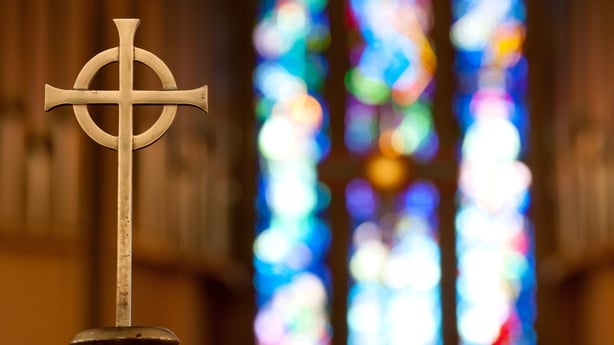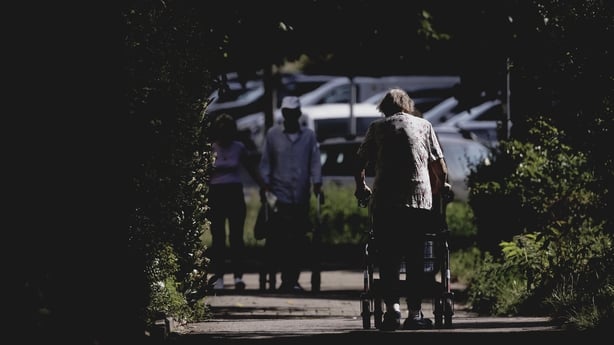There is an increased risk of people wishing for their own death due to loneliness in later life, according to research by The Irish Longitudinal Study on Ageing (TILDA).
A peer-reviewed journal by the TCD-based research unit shows that protective effects for older people may include attending religious services and secular social activities.
Based on responses from 8,000 community-dwelling adults, 'Frontiers in Public Health' shows that the subjective feeling of loneliness is more strongly associated with death ideation than other measures of social disconnection, including social isolation or living alone.
'Wish to Die' (WTD) involves thoughts of or wishes for one’s own death or that one would be better off dead. It is a commonly used indicator to capture death ideation which is an important clinical marker for future suicidal behaviour.
Seamus Boland, CEO of Irish Rural Link, said that older people are affected by loneliness at this time of year, and they often feel like they have become invisible.
He told RTÉ's Today with Claire Byrne that small steps can make a big difference, and his staff often approach an older person and suggest that they attend an event.

The research, which builds on previous work by TILDA, found that the association between WTD and loneliness remained strong even after depression and other markers of social disconnection were controlled.
It found there was a "protective effect" of attending religious services and that regular participation could significantly reduce death ideation among older adults in Ireland.
Head of the Ageing Research Programme at TCD, Prof Rose Anne Kenny, said that there are easy ways to turn the trend of ideation around.
But she said that a desire for change it must operate on a societal level. For someone to get themselves out of that feeling, they need the help of others.
Senior Research Fellow at TILDA and lead author of the paper Dr Mark Ward said the findings highlighted the importance of promoting social activities and networks to safeguard against loneliness and related psychological distress.

While it was not clear from the study whether it was the spiritual or the social aspect of attending church that fulfilled the requirement, the research found it was a potential coping strategy for some older adults.
"If it is the sociality rather than the spirituality of attending church regularly that is more important, then social activities not only those associated with religious practice may be a more attractive proposition, particularly if the current trend of increasing secularity continue", according to the report.
Consultant Geriatrician at St James’s Hospital and co-author of the study Dr Robert Briggs said the research showed that an enhanced focus on improving access to mental health care and addressing social isolation in older people "should be a priority for policymakers".
Of those interviewed for the research, 4% reported feeling they would rather be dead in the month prior to the interview and 10% exhibited clinically significant levels of depression.
TILDA found that interventions such as addressing depression and anxiety, including cognitive behavioural therapy, may also help alleviate loneliness.
Covariates (or variables) in the report showed that living in a rural area was associated with a decreased likelihood of a WTD in each model.
The report concluded that loneliness and attending religious services dominated the research, even after controlling depression.
"This suggests that enabling engagement in prosocial settings, religious or not, may protect older adults from experiencing negative thoughts about dying," it said.
Regius Professor Rose Anne Kenny, who is a Consultant Geriatrician and Principal Investigator with TILDA, said while loneliness and social isolation was acute during the pandemic, it continues to persist post-pandemic "as some older individuals remain fearful or have lost confidence".
"Loneliness is detrimental to health, accelerating biological ageing and disease. Addressing this problem is urgent," she said.







